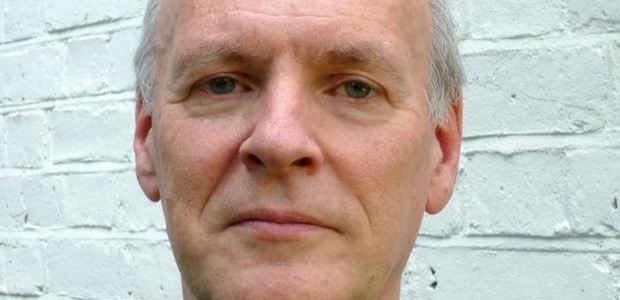advertisement
3 African Tech Start-Up Fallacies – Apps, scaling up and roll-out exploded
You’re an African start-up and you want to build an app and get rich and maybe famous along the way….

You’re an African start-up and you want to build an app and get rich and maybe famous along the way. Imagine everybody in your country who has a phone as the outer circle of one of those infographics we all love so much. Then imagine a smaller circle that is everyone who has a featurephone and a smartphone.
Then look for an even smaller circle that represents everyone who has a smartphone. Not so many people now but we’re not yet done. The biggest common operating system is Android and although most African smartphone users have a phone with Android, not all of them do. The last and final circle is the 10-15% of these Android users who will use and or/buy your app. This is the Law of Circles and if you insist on having an infographic, click on the link below:
advertisement
In November last year, Mobile Week Senegal made a presentation at AfricaCom called Brainstorming the West African App Scene. It did an analysis of Senegalese Android apps by looking at download numbers in the Google Play store in 2014. This showed 10-50,000 downloads for each of the top Senegalese apps (the top 3 were ranked 33, 37 and 55th) including downloads from the diaspora.
Now by the end of last year there was 52% smartphone penetration in Senegal so things may have improved somewhat. But let’s say you manage to sell your app at US$1 to 20,000 users (unlikely but not impossible) thus getting yourself US$20,000. It seems like a lot of money but what happens next when your first app stops selling.
Well you have to invent another spectacularly successful app and the odds of you doing that are worse than you betting the whole of the US$20,000 you made on the outcome of a single football match and winning. And don’t tell me there will be advertisers or sponsors for 20,000 people on a one-off basis…in your dreams.
advertisement
Worse still, the relentless maths of the Law of Circles means in smaller countries that the inner circles (smartphones, Android Os’s and potential users) are all so small that even if you assume a high level of success, returns would be paltry. And if you’re in a country where income levels are at the lower end of the spectrum or literacy rates are very low (usually those two are connected), then although the outer circles are very big, you end up with tiny circles in the middle.
In 2014, before his death, the then CEO of One Africa Media Carey Eaton told me that there were only really 8 African countries big enough to sustain its online business model. Again the number of countries has probably increased a bit but it’s still probably no more than a dozen.
OK, let’s forget smartphones and concentrate on SMS, something all phones can do and everyone uses. Wrong again. Only a percentage of total phone users actually use SMS for tech literacy or plain and simple, not reading literacy reasons: in some countries this may be as high as 40-60%. Worse still, your service has to work on an incredibly small number of text characters and the mobile companies take 70% or more of what you might persuade yourself was a very promising income.
advertisement
Recently a tech incubator in a Central African country reached the same conclusion by the grim process of watching many of its tech start-ups fail. It has now become an incubator for generic start-ups: in other words, tech is no longer the central definition of its work.
But hey, why don’t you overcome this problem by rolling out across multiple territories? Add the small numbers in those pesky inner circles together to make one much bigger market. Companies like African Internet Group (Rocket), One Africa Media and Ringier have bet the store that this is possible. The recent retreats by some of African Internet Group’s brands indicates the sad truth asserted above: there’s a limited number of countries where it’s possible to make it work.
And these are very smart guys hiring some very smart people with a lot of money behind them: whether they win or lose, we will see but you can’t argue that they haven’t tried. But the problem for most African tech start-up founders when looking at rolling-out across multiple territories is slightly different. The number of African tech-start-ups that have reached multiple country markets at any scale is tiny. Why?
Most are below 30 years of age and have little work experience. Therefore is it surprising that they don’t really have the experience to tackle this very complex task? When I spoke to Nigerian angel investor Tomi Davies in early 2014, he told me that one thing he looks for in companies that he invests in are people who have international experience. If you want to grow a company beyond the borders of your own country, then knowing something about how other multinationals go about might be one place to start.
Now I know there are some small number of exceptions to all of the things I’ve said above and I’m the first to acknowledge them. However, although “be exceptional” sounds great as a piece of uplifting rhetoric, it will serve you less well if you don’t look at the numbers. Why be the equivalent of somebody crossing a very busy road with your eyes closed?
This article was adapted from the SmartMonkey.tv eletter Issue No.89 / March 2016.
The Author Russel Southwood is CEO of Balancing Act, United Kingdom and he is also an analyst for telecoms and broadcast in Africa.